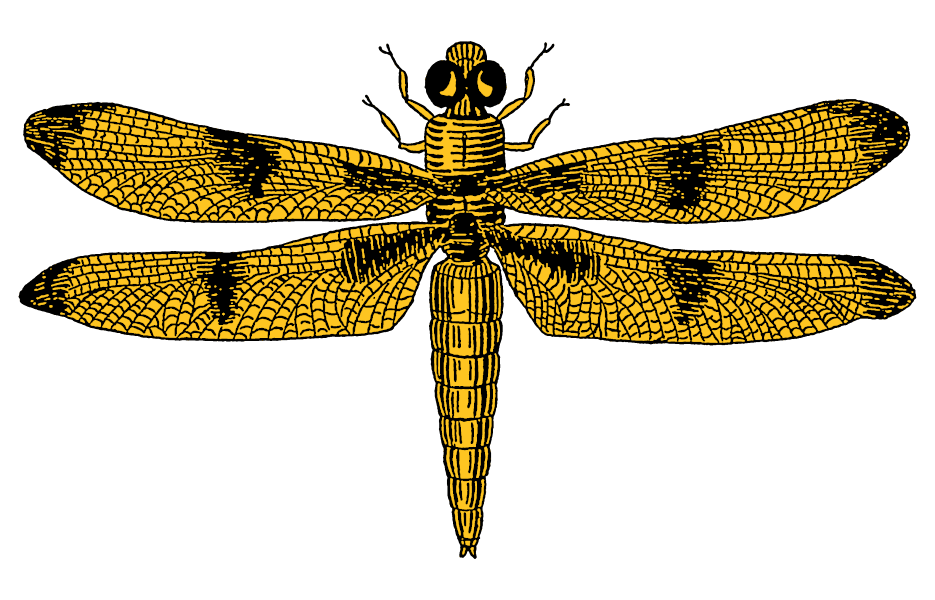You wear your father
like a hand-me-down suit,
threadbare grey and worn.
He clings too snug,
too clenching at the shoulders.
He digs in at the waistband
he rides up at the wrists,
there is no space for you
to move and breathe.
You are larger than your father
could ever have been,
but you keep trying to fit
inside the shape of him.
Now you walk down the street
and see these people comfortable
mingling colors and fabrics
in ways you know your father
would have thought unthinkable.
If only you could take him off,
and one day, maybe, but not yet.
Your father’s pockets are full of holes
but you still fill them and wonder
why you cannot carry change.

